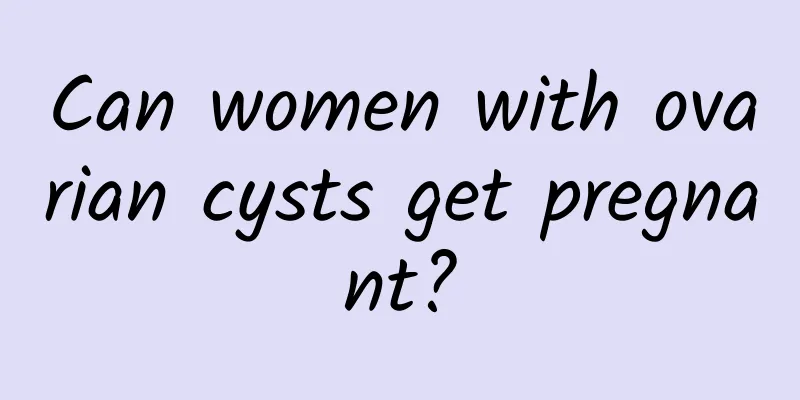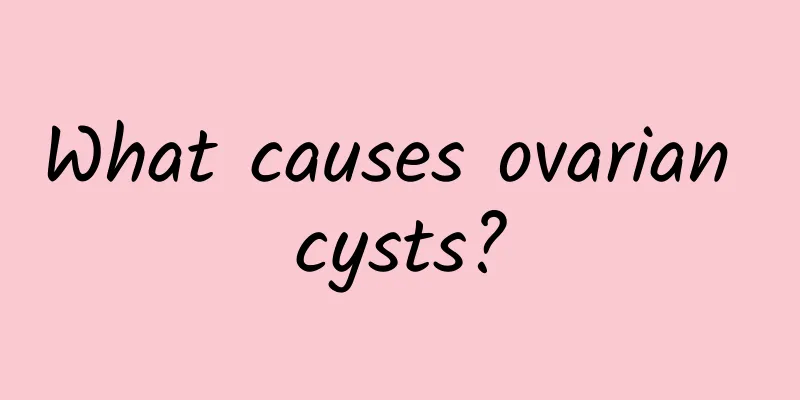How many days after menstruation is the dangerous period? It's just a general rule

|
Generally speaking, the 7 days before and 8 days after the next menstruation are safe, and the rest are dangerous periods. But this is just a general rule, because women's menstrual cycles may change due to changes in life and emotions. During the dangerous period, you should pay attention to contraception, which can be achieved by avoiding the dangerous period, taking oral contraceptives, using birth control rings, etc. The most dangerous period for women is the ovulation period. During this period, if you have sex without taking any measures, the chance of pregnancy will be very high. Therefore, female friends want to have a comprehensive understanding so that they can do a better job of various contraceptive measures. Let's learn in detail how many days after menstruation is the dangerous period? |
<<: Is it easier to get pregnant if your period is irregular?
>>: What to eat during menstruation? Eat foods rich in iron and protein
Recommend
What is the difference between curettage and abortion?
What is the difference between curettage and abor...
Brief analysis of important precautions for adnexitis
During the treatment and recovery of adnexitis pa...
What are the symptoms of pelvic inflammatory disease? Here are some things to pay attention to
Pelvic inflammatory disease can be divided into a...
What are the examination items for leucorrhea of vaginitis?
Leucorrhea is a mixture of vaginal mucosal exudat...
What causes cervical warts
Cervical warts are a common sexually transmitted ...
What causes menstrual disorders in girls? Is it normal for girls to have irregular menstruation?
Menstruation is a normal phenomenon of female phy...
Will cervical warts have an adverse effect on the fetus?
Once you are infected with cervical warts, you sh...
Detailed description of the harm of uterine fibroids to women
Nowadays, uterine fibroids are becoming more and ...
What are the common causes of uterine fibroids?
"What are the causes of uterine fibroids?&qu...
What are the symptoms of uterine fibroids?
Uterine fibroids (Hysteromyoma), also known as ut...
How to treat irregular menstruation?
How to treat irregular menstruation? Gynecologist...
Eat rice dumplings but don’t get fat! To prevent stomach upset, choose Roselle fat-removing and greasy tea
The Dragon Boat Festival is approaching, and alth...
What diseases can premature ovarian failure prevent?
What diseases can premature ovarian failure preve...
Self-examination before abortion is very important
Generally, the time to choose abortion should be ...
What are the symptoms of cervical hypertrophy?
Do you know the symptoms of cervical hypertrophy?...









